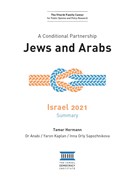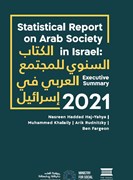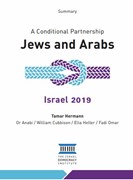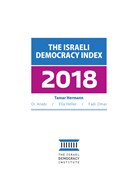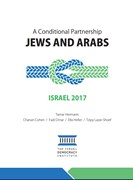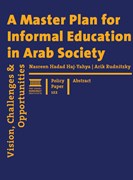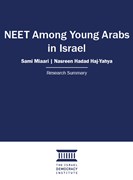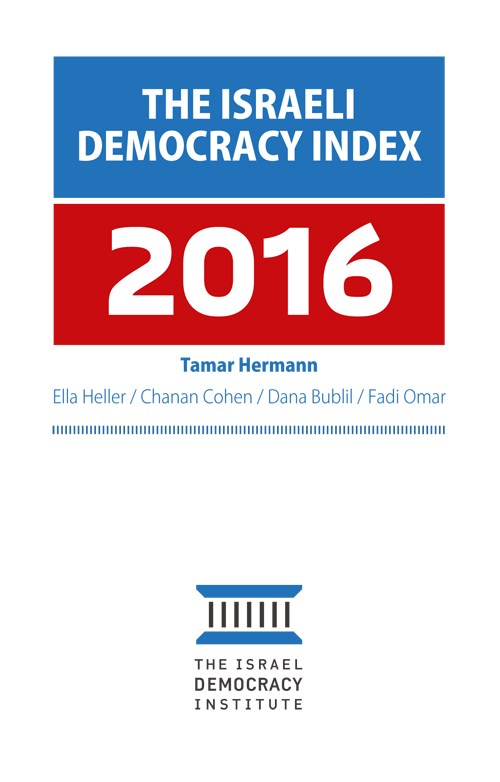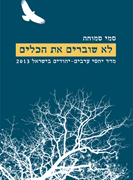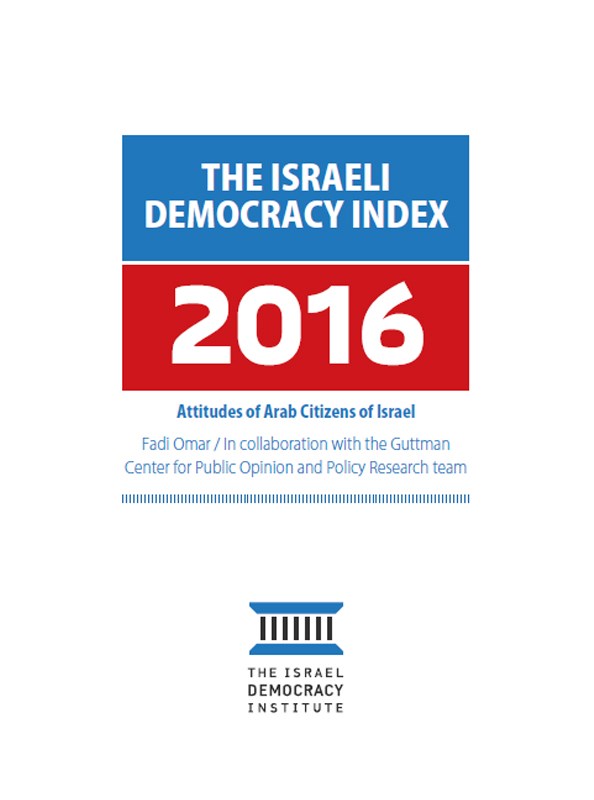

Publications Regarding Arab Society
Articles

Lack of Protective Structures Against Missile Attacks in Arab Localities
Written By: Adv. Lital Piller
As Israeli citizens are facing severe threats to their safety during following an escalation of hostilities between Israel and Iran, it is, once again, clear that Arab localities lack proper protective infrastructure against missile attacks.

Arab Representation in the Judiciary is Under Threat
Written By: Adv. Lital Piller
By shifting power from professional bodies to political appointees the new law restructuring the Judicial Selection Committee is likely to reduce Arab representation and exacerbate their exclusion.

There Are Things the Government Can Do to Combat Crime in Arab Society. It Must Do Them Now.
Written By: Adv. Anat Thon Ashkenazy, Adv. Reda Jaber
Crime in Arab society has seen an unprecedented surge in the past couple of years posing a threat to Israeli society as a whole. What's needed is a real political commitment to the issue, making it clear to criminals that they face the entire state and society.

IDI Survey: Most Jewish Israelis feel safer in a scenario with high number of civilian firearms; most Arabs feel less safe
Written By: Viterbi Family Center for Public Opinion and Policy Research, Center for Security and Democracy
The Center for Security and Democracy and the Viterbi Center for Public Opinion and Policy Research at the Israel and personal security—the present release focuses on internal security; a press release will follow tomorrow focusing on national security.

The Impact of the War on Israel's Arab Population in the Labor Market
Written By: Yarden Kedar
An analysis of the effects of the war on employment within Israel's Arab population.

Demography
Written By: Dr. Muhammed Khalaily, Dr. Ahmad Badran , Dr. Arik Rudnitzky
The first of four chapters in the 2023 Arab Society Statistical Report.

Employment and Wages
Written By: Dr. Muhammed Khalaily, Dr. Ahmad Badran , Dr. Arik Rudnitzky
Chapter 3 of 4 of the 2023 Arab Society Statistical Report.

Education
Written By: Dr. Muhammed Khalaily, Dr. Ahmad Badran , Dr. Arik Rudnitzky
Chapter 4 of the 2023 Arab Society Statistical Report.

Quality of Life and Standard of Living
Written By: Dr. Muhammed Khalaily, Dr. Ahmad Badran , Dr. Arik Rudnitzky
The second chapter of four from the Arab society 2023 statistical report.
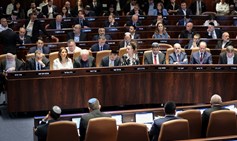
The Judicial Overhaul and Anti-Democratic Initiatives
Written By: Adv. Anat Thon Ashkenazy, Adv. Daphne Benvenisty
Judicial overhaul initiatives, along with other anti-democratic measures, have continued to be promoted by the government and the coalition in the Knesset. This document outlines the various actions taken in government that weaken the Israeli judiciary and democracy at large.
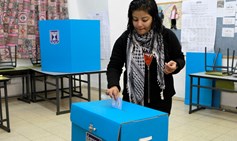
Representation of Women in Arab Local Authorities Following the Results of the 2024 Local Elections
Written By: Maisam Salem, Adv. Lital Piller
The recent municipal elections produced particularly interesting results in Arab local authorities. Below, we examine several aspects of these results relating to the representation of Arab women.
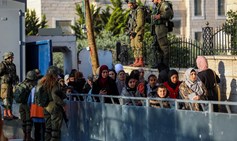
Preparing for Ramadan as Israel Arms Itself
Written By: Adv. Mirit Lavi
In a few days, Israel's Muslim citizens will begin celebrating the month of Ramadan. While safeguarding this ritual and protecting freedom of worship, security forces will face challenges in defending public security, as this is considered a sensitive time. With the influx Israeli citizens taking part in the civilian defense squads and licensing themselves, the police must make serious efforts to ensure all Israeli citizens feel safe.
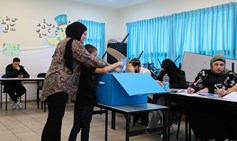
When Violence Dominates Local Arab-Israeli Elections, Democracy Loses
Written By: Dr. Yael Litmanovitz, Dr. Muhammed Khalaily
Arab-Israeli public officials are being increasingly targeted by criminals, hoping to get their way through threats, extortion and force ahead of Tuesday's local elections. Running for office shouldn't cost people their lives.
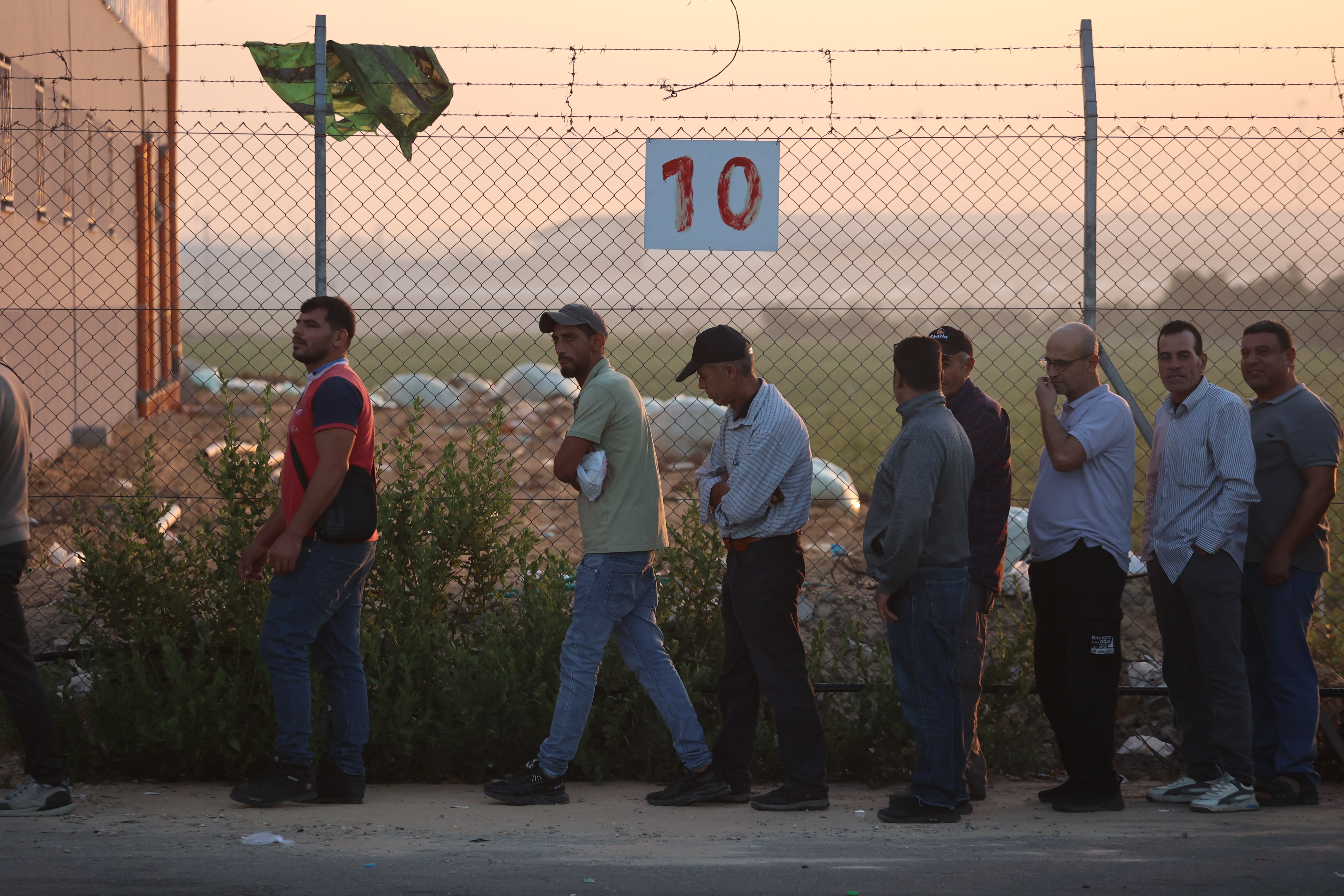
On Palestinian Workers: The Right Answer isn't Always the Easy One
Written By: Prof. Yotam Margalit
A decision to allow Palestinian workers back into Israel is not at all a simple matter. Despite recommendations by Israel's security agencies to allow entry to Palestinian workers, the Ministers of Construction and of the Economy oppose it for security reasons. As alternative solutions to the severe shortage of workers are unsatisfactory, we must ask ourselves whether we, as a country, are prepared to withstand another socioeconomic crisis.
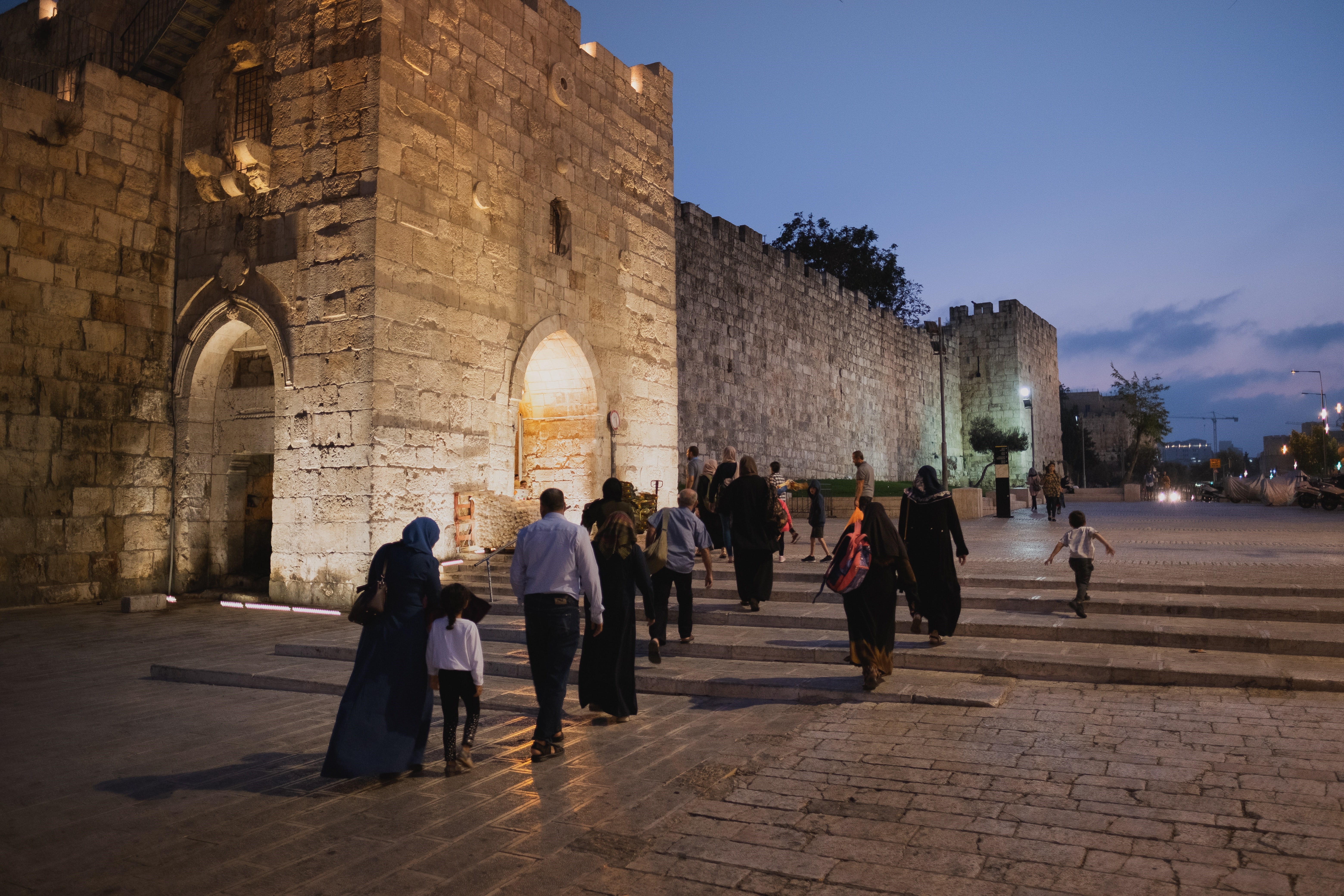
Most Arab Israelis: October 7 Attack Does Not Reflect Islamic, Palestinian, or Arab Society Values
Written By: Dr. Adam Asad, Yaron Kaplan
56% of all Arab Israelis say the attack by Hamas on October 7 does not reflect Arab society, the Palestinian people, and the Islamic nation. 33% say it does and 11% are unsure.

Amend the Nation-State Law. Now.
Written By: Prof. Suzie Navot
Israel's non-Jewish minorities—particularly those who are fighting and dying for the State of Israel—are worthy of appreciation and recognition, not separately, but as equals. The solution is to amend the Nation State Law, not to pass a new, separate basic law as is currently under consideration.
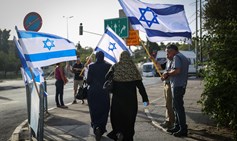
Challenges and Threats: Arab Society in Israel During the War in Gaza
Written By: Dr. Adam Asad
Conciliation between Jews and Arabs in Israel is not just a moral imperative, but also a necessary condition for maintaining peace and stability in the country.
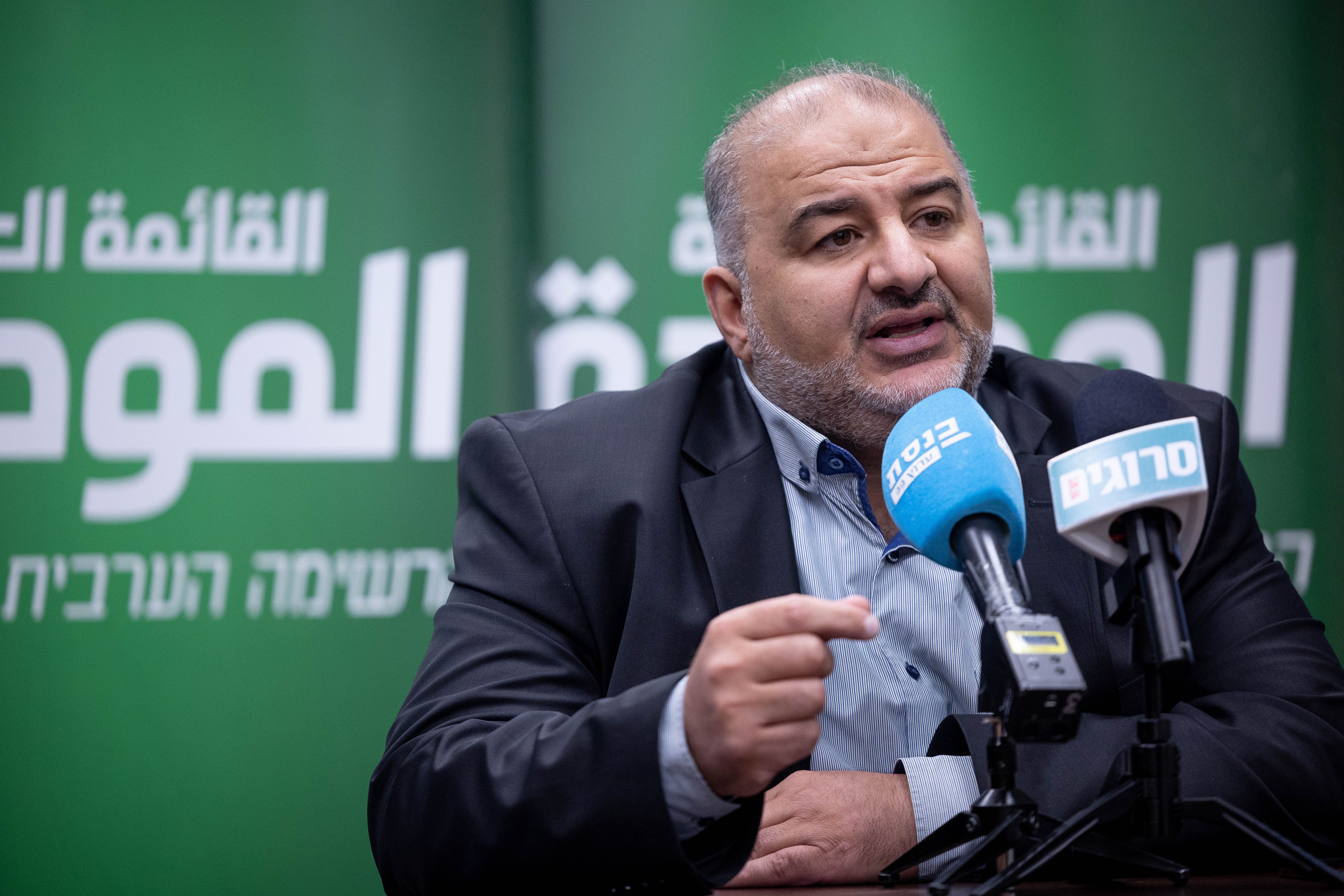
On a tightrope: Israel’s Arab citizens and the War Between Israel and Hamas
Written By: Dr. Arik Rudnitzky
The political mainstream in Arab society identifies with the Palestinian cause, namely the struggle for a two-state solution and peace between Israel and the Palestinians. The vast majority of Arab citizens strongly criticizes Hamas’ practices and completely rejects Hamas’ militant approach to the Israeli-Palestinian conflict.
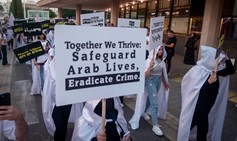
The Abandonment of Arab Israelis
Written By: Dr. Muhammed Khalaily
Ditching the 5-year plan for the Arab sector will have adverse long-term effects on the Arab's sector ability to integrate into Israel's shared society.
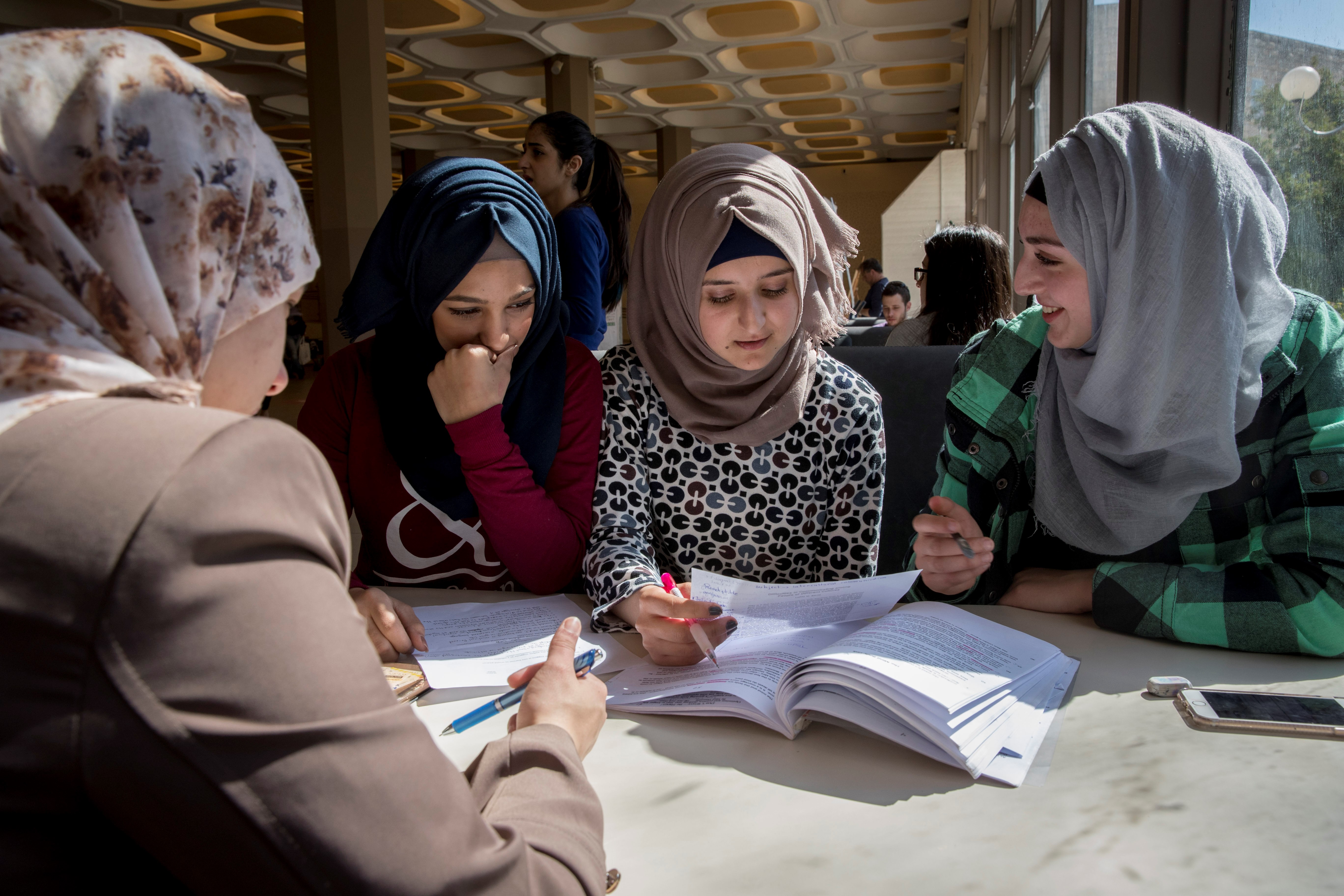
It's Time to Invest Resources in Arab Young Adults
Written By: Dr. Ahmad Badran
Young adults in every society are the face of that society's future, and Arab society in Israel is no different. They face a complex set of daily struggles, in all areas, in their attempt to forge a good future for themselves, their community, and society at large.
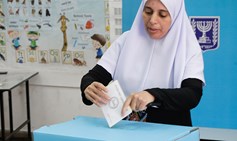
An Elections for the 25th Knesset: An Analysis of the Results in the Arab Sector
Written By: Dr. Arik Rudnitzky
This review analyzes voting patterns among Arab citizens in the elections for the 25th Knesset, held on November 1, 2022. The graphs and tables are based on an analysis of the final results, as published by the Central Elections Committee.
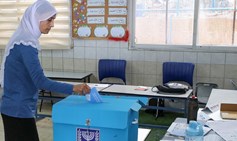
Arab Votes in the 2022 Election
Written By: Dr. Arik Rudnitzky
Dr. Arik Rudnitzky breaks down the Arab vote to the 25th Knesset elections – it seems that Ra’am's gamble paid off and they emerged the big winner.

Arab Politics in the 2022 Election Campaign
Written By: Dr. Arik Rudnitzky
Will the Arab public’s belief in Knesset elections in general, and in the Arab political lists in particular, will be strengthened. The Arab voter may overcome unjust policies by the government, but not internal crises. Dr. Rudnitzky reviews the main political and ideological streams in Arab society in Israel, ahead of the November 2022 elections
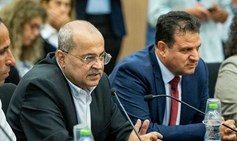
Ideology isn’t a Dirty Word
Written By: Dr. Muhammed Khalaily
The disintegration of the Joint List is arousing diametrically opposite reactions from the two big blocs of the Israeli political spectrum. How will this new political reality play out in the upcoming elections?
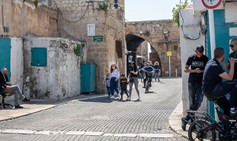
A Year Later: Arab-Jewish Relations in Mixed Cities
Written By: Dr. Nasreen Haddad Haj-Yahya, Adv. Oded Ron
Before the next violent outbreak, let’s quickly address the needs of mixed cities.
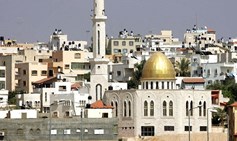
Statistical Report on Arab Society in Israel: 2021
Written By: Dr. Nasreen Haddad Haj-Yahya, Dr. Muhammed Khalaily, Dr. Arik Rudnitzky, Ben Fargeon
Arab society in Israel is being revolutionized by the rise in the standard of living, life expectancy and education, along with the decline in fertility rates, changes to family structures, and an increasing desire to realize individual aspirations at the expense of collective values.
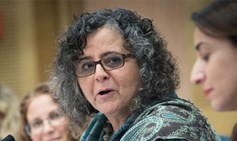
Arab Women Call Out to Arab Men: Let's Join Forces
Written By: Dr. Nasreen Haddad Haj-Yahya
Closing the gender gap is crucial to closing social and economic gaps overall - Arab men and women must work together towards this goal
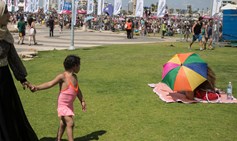
Arab Residents of Mixed Cities: A Snapshot
Written By: Dr. Nasreen Haddad Haj-Yahya, Adv. Oded Ron, Ben Fargeon
This study aims to provide an up-to-date snapshot of the current situation in mixed cities alongside a description of trends in Israel’s mixed cities over time, in five closely related fields—welfare, education, higher education, employment, and crime—by presenting data collected over a period of time, as a critically important input to sound policymaking.
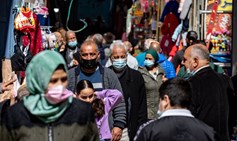
The Arab Citizens of Israel
Written By: Dr. Arik Rudnitzky
Richard Pater from Bicom and IDI expert Dr. Arik Rudnitzky discuss the social, political and economic situation of the Arab citizenry in Israel - economic programs in the new budget for the Arab sector, the current situation over the military draft for young Arabs, government actions to tackle the level of crime in Arab towns, as well as the political dynamics between the United Arab List (in government) and the Joint Arab List (in opposition).
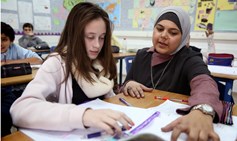
Taking Attendance: Arab Teachers and Students in Israel’s Education System
Written By: Dr. Nasreen Haddad Haj-Yahya
Israel is at a shortage of teachers that is forcing schools to take drastic measures, but the Jewish schools are still not hiring Arab teachers.
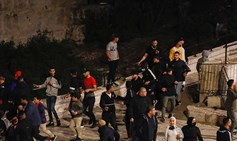
An Iron-Clad Distinction: We Must Differentiate Between Hamas and the Riots Within Israel
Written By: Yohanan Plesner
Israel’s responses in each of these two arenas, internally in Israeli cities and externally vis-à-vis Gaza, may have dramatic consequences for the future. The ultimate goal of Hamas is to drag the “Arabs of 1948” (Israel’s Arab citizens) into the conflict. Even today, it is important to note the growing desire of the majority of Arab citizens to integrate in Israeli society, and to drive a wedge between them and the leaders in Gaza
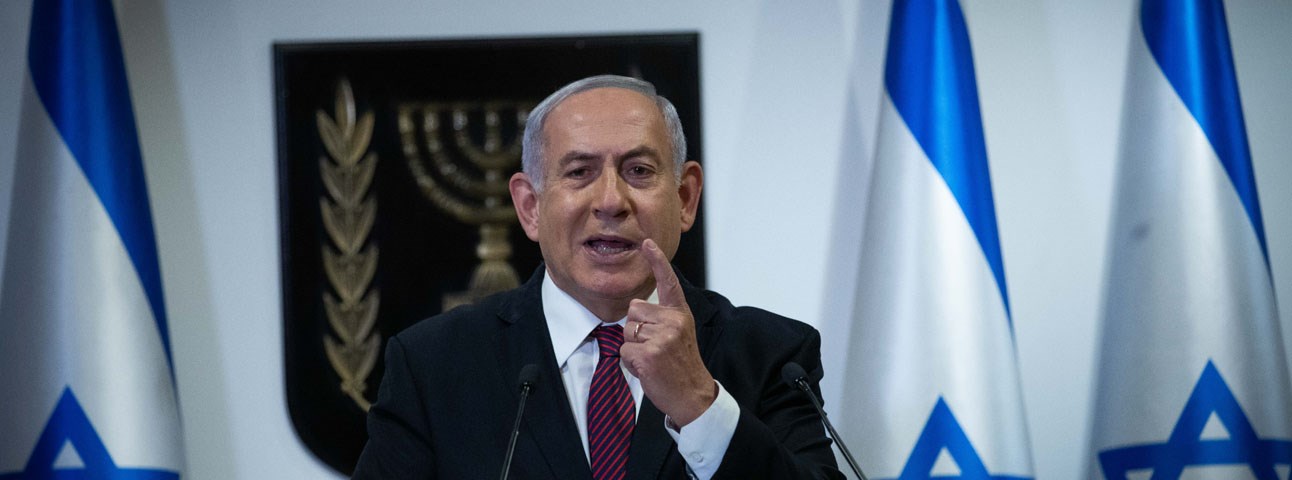
How Netanyahu Learned to Love Israeli Arab Parties
Written By: Yohanan Plesner
The prime minister who once presented Arab political leaders as a threat has legitimized them as potential coalition partners.
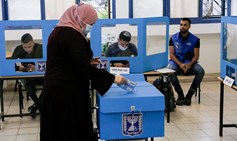
The Arab Vote in the Elections for the 24th Knesset (March 2021)
Written By: Dr. Arik Rudnitzky
The recent elections proved, once again—especially against the backdrop of the Joint List’s meteoric success a year ago—the weakness of the parties’ base on the Arab street.

A Mother’s - an Arab Mother’s - Voice
Written By: Dr. Nasreen Haddad Haj-Yahya
Anarchy reigns in Arab localities, terrorizing law-abiding residents who fear for their lives - it absolutely essential to put Arab families’ lost sense of security on the national agenda. The time has come to join hands
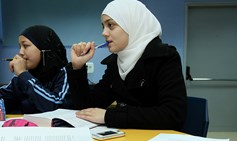
How to Boost Employment of Arab Women? Invest in Educating Arab Men
Written By: Dr. Nasreen Haddad Haj-Yahya
Arab women are closing the gap in education – but this achievement is not reflected in the job market. What can be done?
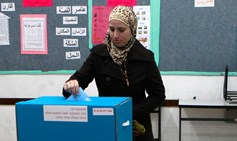
The Arab Vote – Is There Such a Thing?
Written By: Dr. Arik Rudnitzky
Dr Arik Rudnitzky analyzes the changing voting patterns in the Arab community ahead of Israel’s fourth general election in two years.
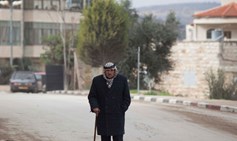
The War on Crime in Israel's Arab sector isn't a Negotiable Commodity
Written By: Dr. Nasreen Haddad Haj-Yahya, Adv. Oded Ron
Arab citizens have the right to feel that their security is protected by the government. This right should be respected and protected declaratively and in practice.
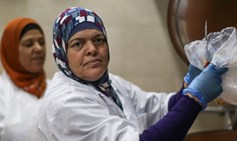
Arab Society in the Wake of the Coronavirus: Policy Recommendations
Written By: Dr. Nasreen Haddad Haj-Yahya, Ayman Saif
After three contentious election campaigns, Israel's new government has been sworn in. IDI's experts weigh-in with their recommendations on the most important issues on the agenda. Dr. Nasreen Hadad Haj-Yahya and Ayman Saif on the urgent challenges facing the 35th government to address the significant economic gaps that between Israel's Jewish and the Arab populations.
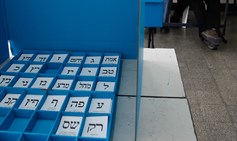
A New Political Card
Written By: Dr. Arik Rudnitzky
Has the "Deal of the Century" injected energy into Israel's third election and perhaps provided an incentive for Arab Israelis to turn out in higher numbers than September? Arik Rudnitzky uses the village of Bartaa as a possible case study.
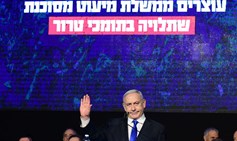
Some are Guilty, but All Are Responsible
Written By: Dr. Nasreen Haddad Haj-Yahya
When the PM smeared Arab Knesset members, those 'allies' who urged us to go and vote had a responsibility to protest. They didn't.
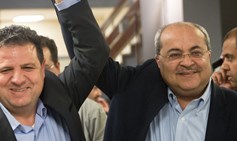
Another Chance for the Joint List
Written By: Dr. Arik Rudnitzky
Will Arab politicians take advantage of the second chance that the new elections have presented? Runing in a Joint List and reaching out to their younger voters - 60% of which didn't vote in the last election, would be the right place to start.
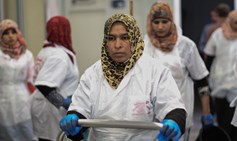
Arab Israeli Women Joining the Labor Force in Large Numbers
Written By: Dr. Nasreen Haddad Haj-Yahya, Aiman Saif, By: Linda Gradstein
Are these encouraging numbers the harbinger for positive change in Israeli society?

And Now, Over to the Public
Written By: Dr. Arik Rudnitzky
After abysmal Arab voter turnout, it’s time for public action. Arabs in Israel are desperate for a new discourse and leaders who connect with them -- what they don't want is more ideology
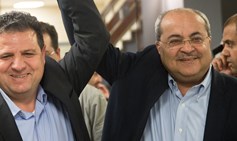
Counting the Votes
Written By: Dr. Arik Rudnitzky
Will Arab elected officials adopt a pragmatic and matter-of-fact approach and overcome the obstacles standing in the way of establishing political partnerships among them, in order to encourage Arab voters to go to the polls on Election Day?
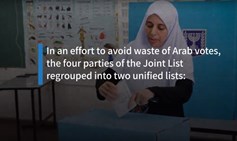
Disintegration of the Joint List poses new challenge to future of Arab politics
Written By: Dr. Arik Rudnitzky
The fifth in a series of articles and videos prepared by the Israel Democracy Institute in the run-up to April 9, explaining and critiquing what goes on during an election period
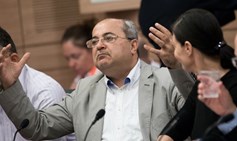
Arab Politics in the 2019 Election Campaign
Written By: Dr. Arik Rudnitzky
A review of political and ideological streams in Arab society in Israel - towards 2019 elections.
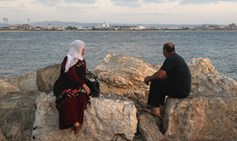
The Five-Year Plan for Arab Israelis: the Acid Test of the Upcoming Elections
Written By: Dr. Nasreen Haddad Haj-Yahya
The five-year plan for the development of the Arab community was a giant step forward towards the socioeconomic advancement of Israel’s Arabs, nevertheless the current election campaign is going to be the acid test: Is the Israeli government serious about integrating the country’s Arab citizens into the broader society, or merely in promoting the Arab economy in light of its importance for the country’s overall prosperity?
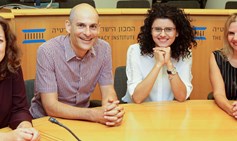
Meet the Next Generation of IDI Leaders
Written By: Rachel Cohen, Adv. Alona Vinograd, Dr. Nasreen Haddad Haj-Yahya, Daphna Aviram-Nitzan, Dr. Gilad Malach
Guaranteeing an independent Supreme Court. Integrating the Ultra-Orthodox into the IDF. Boosting participation of Arab women in the workforce. Improving the ease of doing business in Israel. These are some of the challenges facing IDI’s new cadre of program and center directors.
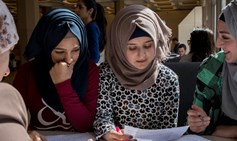
Involving Arabs in political decision-making is right in principle and vital for Israel’s social cohesion
Written By: Dr. Nasreen Haddad Haj-Yahya
The majority of the Arab public want to be included in the State’s decision-making processes, and support Arab ministers serving in the government.
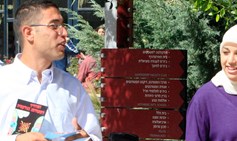
Israel’s High-Tech Industry Must Learn From Its Hospitals
Written By: Dr. Nasreen Haddad Haj-Yahya
The National Economic Council has repeatedly stated that the human capital potential of Arab society could be a significant source of economic growth, and is a resource that has not been developed.
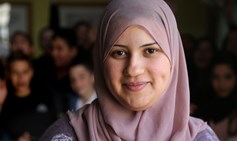
For Arab Women in Israel, It's Just Not Working
Written By: Dr. Nasreen Haddad Haj-Yahya
Arab women - around 10% of the total population of Israel - barely participate in the workforce, far below the employment rate of Arab or even ultra-Orthodox men. Why?
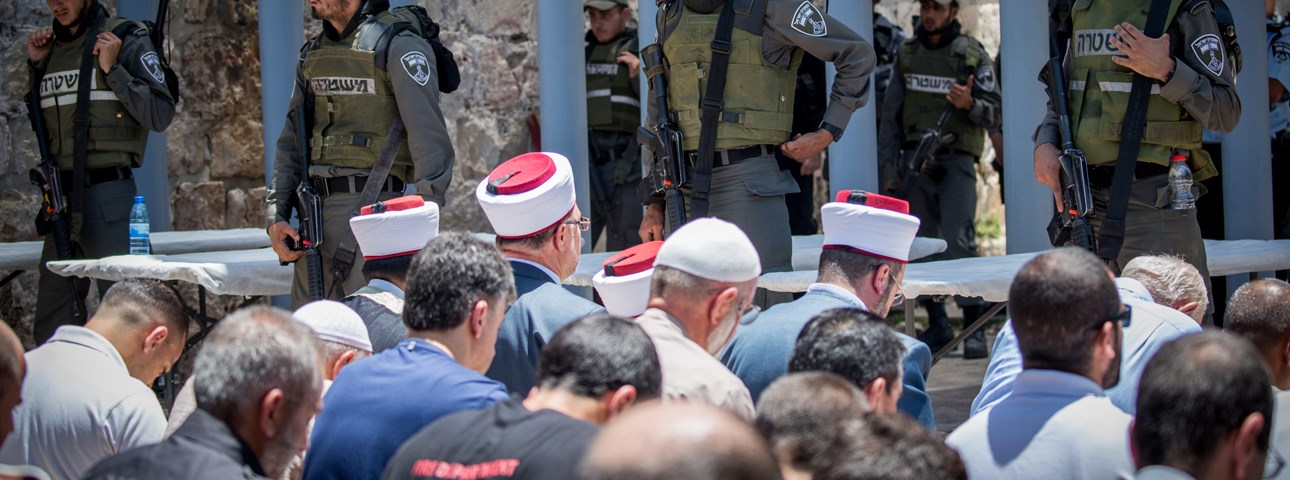
Survey: 56% of Jews Think Most Arab Citizens Support Temple Mount Attack
Monthly Peace Index also finds that 65% of Israelis do not trust Prime Minister Benjamin Netanyahu's handling of the crisis on Temple Mount.

How Israeli Society Has Changed Since The Six-Day War
Written By: Yohanan Plesner
Polling data finds that far more Israelis distrust their leaders today than in 1967.
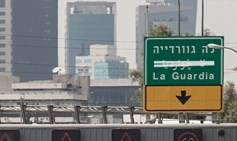
What Would Herzl Say About the Nationality Bill?
Written By: Dr. Nasreen Haddad Haj-Yahya
Israel’s leadership appears to have diverted from Theodor Herzl’s path. Instead of striving to create equality and a common ground, it is doing everything in its power to incite and divide for the sake of a few more votes.
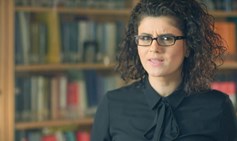
Equal Opportunity for Israeli Arabs
Written By: Dr. Nasreen Haddad Haj-Yahya
Recent findings by the Central Bureau of Statistics on the Israeli labor market reveal that 80% of the country's Arab citizens are employed in jobs with difficult physical conditions. Watch a Research Reel about the NEET phenomenon among Israel’s Arabs.
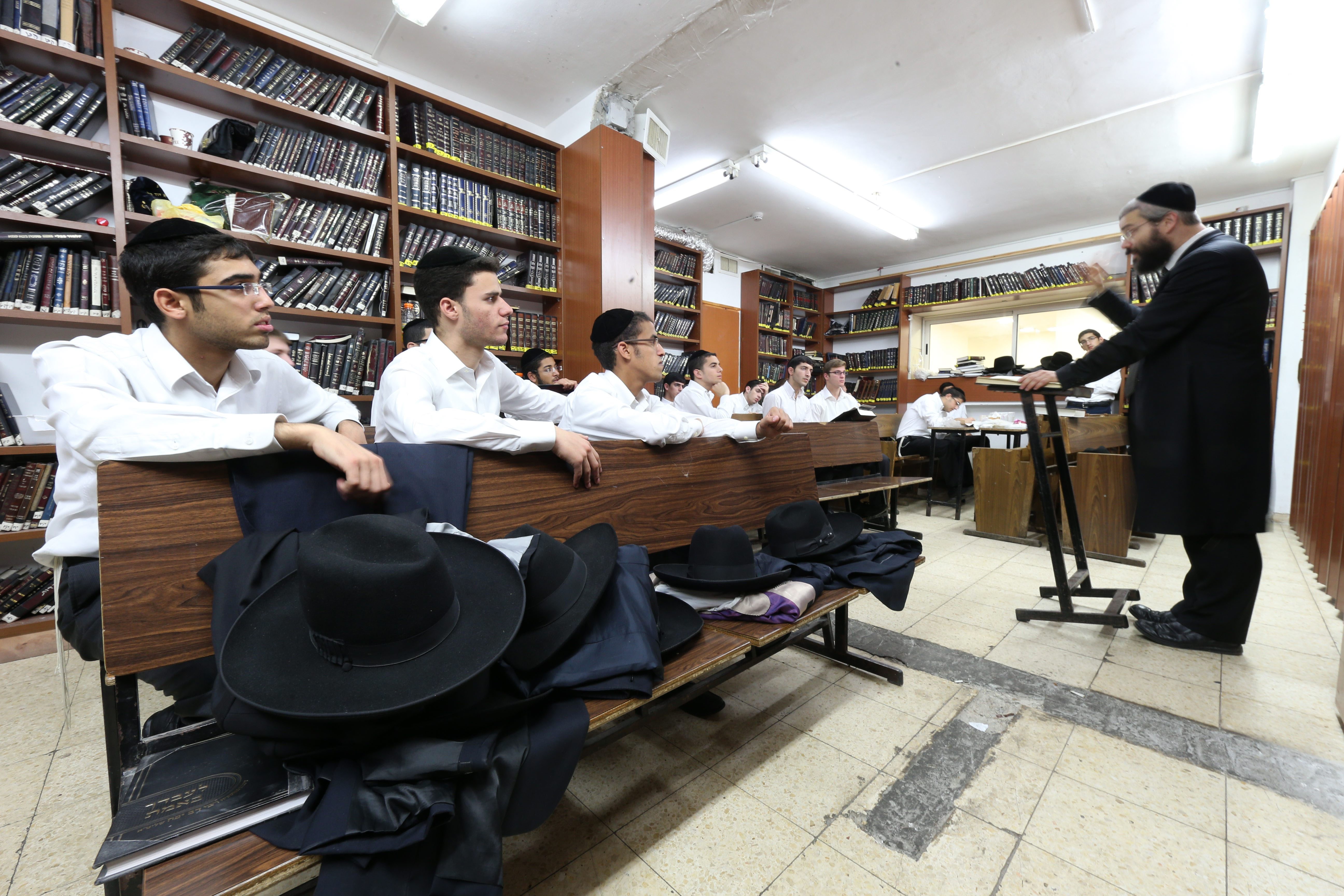
Israel's Next Economic Miracle?
Written By: Dr. Gilad Malach, Dr. Nasreen Haddad Haj-Yahya
Haredim and Arabs must be integrated into society and economy to take the start-up nation to the next level.

Baltimore and Ramla
Written By: Dr. Nasreen Haddad Haj-Yahya
The author proposes a number of policy recommendations that could help Israel’s Arab population, and could be applicable to any society that suffers from socioeconomic segregation and related challenges. This article was first published by Jmore.
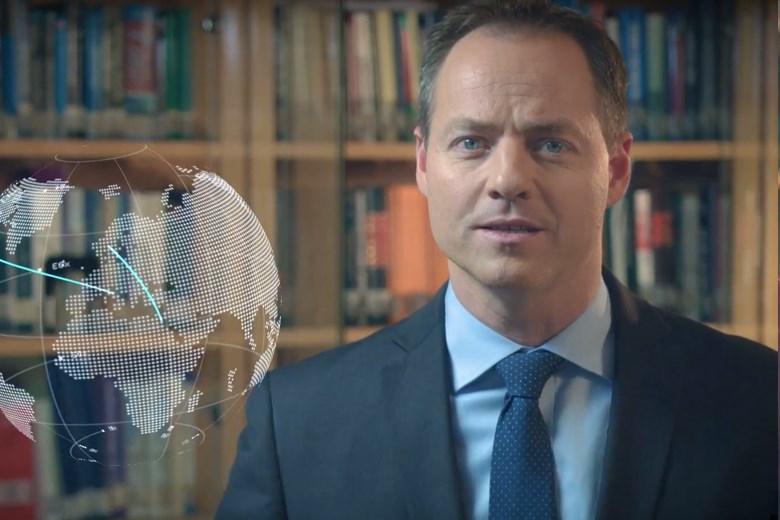
Ensuring a Vibrant Democracy
Written By: Yohanan Plesner
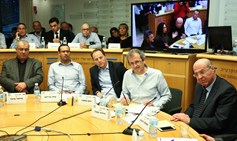
Arab Political Leadership in Israel
MK Dr. Benny Begin: "Before finalizing the five-year plan for the Arab community, 40 to 50 meetings were held between government representatives and Arab Knesset members."
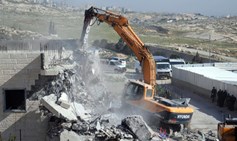
Prime Minister Netanyahu's Frightening Facebook Post
Written By: Dr. Nasreen Haddad Haj-Yahya
Instead of accepting the Arab local authorities’ proposal for a dialogue and the preparation of a comprehensive joint strategic plan for permitting construction in the Arab locales, the government is continuing to destroy Arab homes in Israel ... and there is no solution on the horizon.

Surprised? Meet Israel’s New political Center
Written By: Prof. Yedidia Z. Stern
Although one need not agree with the positions held by Israel’s Arab citizens, it can’t be denied that they constitute an independent, moderate voice – and a promising political middle ground on the Palestine- Israeli conflict. This article first appeared in The Jerusalem Post.
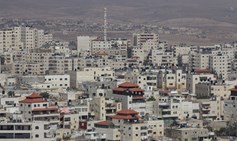
Proposals to Transfer the Arab Neighborhoods of Eastern Jerusalem
Written By: Dr. Adv. Shmuel Berkovitz
Dr. Adv. Shmuel Berkovitz provides demographic, economic and security reasons why the recent surge of voices (including Zionist Union leader MK Isaac Herzog) calling for the de-annexation of most of the Arab neighborhoods and villages on the outskirts of Jerusalem are misguided.
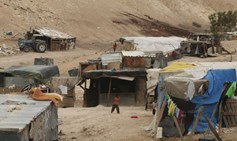
Israel is Wrong to Uproot Arab-Bedouin Citizens to Make Room for Jews
Written By: Adv. Eli Bahar, Thabet Abu Ras
Few stories illustrate the unfeeling and aggressive attitude of the Israeli government toward the Arab-Bedouin population of the Negev as well as the case of Atir-Umm al-Hiran. In this op-ed, which was first published by JTA, Eli Bahar and Thabet Abu Ras of the Abraham Fund discuss Israel's obligations toward its minority citizens.
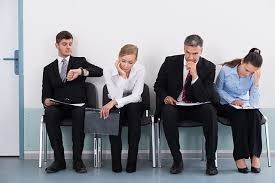
The Road to Hi-Tech Runs through Taibeh
Written By: Dr. Nasreen Haddad Haj-Yahya
The integration of talented Arab employees into Israel’s hi-tech sector could relieve the human-resources shortage for employers. Encouraging Arabs to enter the hi-tech industry could improve their economic situation significantly, which would reduce inequality and contribute to a reduction of social tensions in the Arab community.

Israeli Public Divided Over Trust for Arab Citizens
Written By: Mr. Chanan Cohen
IDI Researcher Chanan Cohen says that while the greatest tension in Israel is between Arab and Jewish Israelis, there is cause for hope. The vast majority of Jews support having Arabic translations of public signs in Israel, teaching Arabic in school and having Arab citizens represented in the civil service. This article was first posted in the New York Jewish Week.
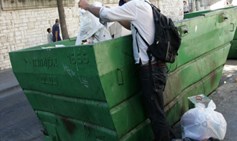
The High Price of Ignoring Poverty
Written By: Dr. Sami Miaari
Following the publication of the Poverty Report, Dr. Sami Miaari points out the large percentage of Arab Israelis that live in poverty. He says the current situation requires a new strategy and economic investment on several levels simultaneously. This article first appeared on Times of Israel.
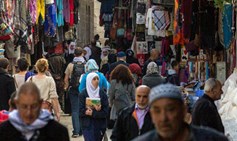
How Not to Achieve Coexistence
Written By: Dr. Sami Miaari
Arab elected officials have disappointed the public time after time with their lack of professionalism in how they lead their constituents toward political change. (This article was originally published by the Jerusalem Post.)

A Return to Coexistence
Written By: Adv. Eli Bahar
Eli Bahar says we must not accept this state of affairs as a fait accompli. He reminds that we can change the situation even if it seems that it has almost reached the point of no return.
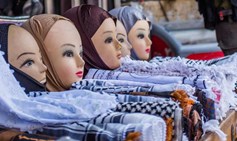
Israel’s next Equal Employment Opportunity Commissioner should be an Arab
Written By: Dr. Talya Steiner
The identity of the next commissioner is so important.
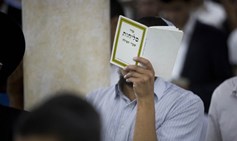
An Israeli Version of Repentance
Written By: Prof. Yedidia Z. Stern
The High Holy Days are a time of reflection and personal growth. But since the founding of the State of Israel, personal repentance is no longer enough. IDI Vice President Yedidia Stern stresses the need to transform Jewish traditions from the personal sphere to the public sphere and calls for collective, national repentance, Israeli style.
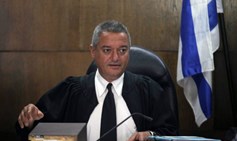
Appointing Arab Judges to the Courts in Israel
Written By: Dr. Guy Lurie
In an article in Mishpat U'Mimshal, IDI researcher Dr. Guy Lurie addresses the issue of the lack of Arab judges in Israeli courts. This abstract presents the main issues discussed in the article.
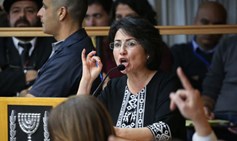
Disqualifying Zoabi: Bad for Security and Bad for Democracy
Written By: Admiral (Res.) Amichay (Ami) Ayalon
As the Central Elections Committee begins to debate disqualifying MK Hanin Zoabi and others from running for Knesset, IDI Senior Fellow Ami Ayalon writes that as distasteful as some of her words may be, banning Zoabi from running would be a victory for Israel's detractors.

The Electoral Threshold, Wasted Votes, and Proportionality
Written By: Prof. Ofer Kenig
In the upcoming elections, the electoral threshold will be 3.25%, a big leap from the last elections. Will this higher hurdle deter voters from supporting small parties? Will it reduce the share of wasted votes? What impact will it have on the proportional nature of the electoral system?
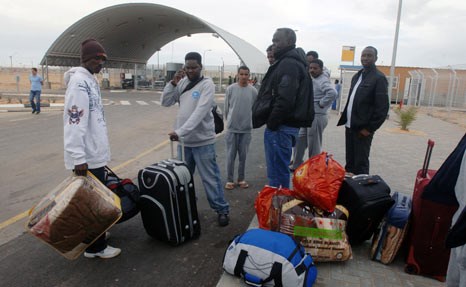
Detention of African Asylum Seekers in Israel: Welcome to Round Three
Written By: Prof. Reuven (Ruvi) Ziegler
On December 8, 2014, just before the Knesset dissolved itself to prepare for early elections, it enacted the Law for Prevention of Infiltration and Ensuring the Departure of Infiltrators from Israel. IDI's Dr. Reuven (Ruvi) Ziegler reviews this development.
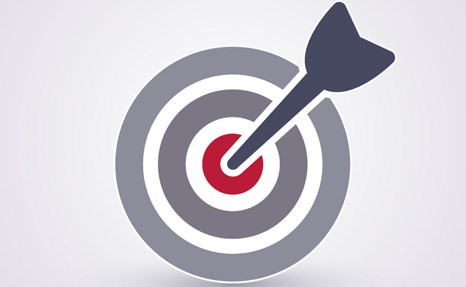
Democracy: The Key Election Issue
Written By: Prof. Mordechai Kremnitzer
In an op-ed in Maariv, IDI Vice President Prof. Mordechai Kremnitzer calls for an election campaign that focuses not only on foreign policy and Israel's social gap, but on the nature of Israeli identity and the value of Israeli democracy itself.
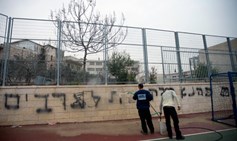
A Four-Step Plan to Combat Hatred between Jews and Arabs in Israel
Written By: Yair Sheleg
IDI Research Fellow Yair Sheleg outlines four steps that can allay fears, contribute to dialogue, combat hatred, and improve relations between Jews and Arabs in Israel
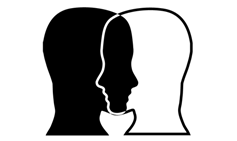
Banning Arab Workers: A Hypocritical Condemnation
Written By: Dr. Amir Fuchs
The mayor of Ashkelon's announcement following the massacre in a Har Nof synagogue that Arab workers would not be employed in his city was roundly condemned by members of the Knesset. Dr. Amir Fuchs points to the hypocrisy of these condemnations.

A Ready Alternative to the Nation State Law
Written By: Dr. Amir Fuchs
IDI researcher Dr. Amir Fuchs criticizes the proposed Basic Law that would establish Israel as the nation state of the Jewish people and recommends accepting Israel's Declaration of Independence as the preamble to Israel's future Constitution instead.
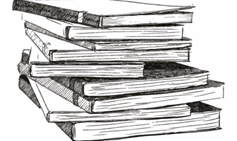
Legal Opinion on the "Zoabi Bill"
Written By: Prof. Mordechai Kremnitzer, Dr. Amir Fuchs
A summary of a legal opinion on a proposed amendment to Basic Law: The Knesset that was submitted by Prof. Mordechai Kremnitzer and Dr. Amir Fuchs to the Ministerial Committee on Legislative Affairs.
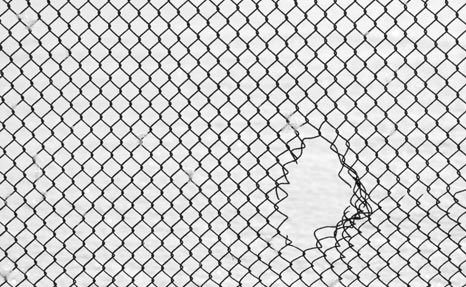
Overriding the Supreme Court: A Breach in the Wall of Democracy
Written By: Dr. Amir Fuchs
Dr. Amir Fuchs discusses the proposal to add an override clause to Israel's Basic Law: Human Dignity and Freedom that would enable the Knesset to bypass the High Court and deal a a severe blow to the main safeguard of human rights and minorities in Israel.
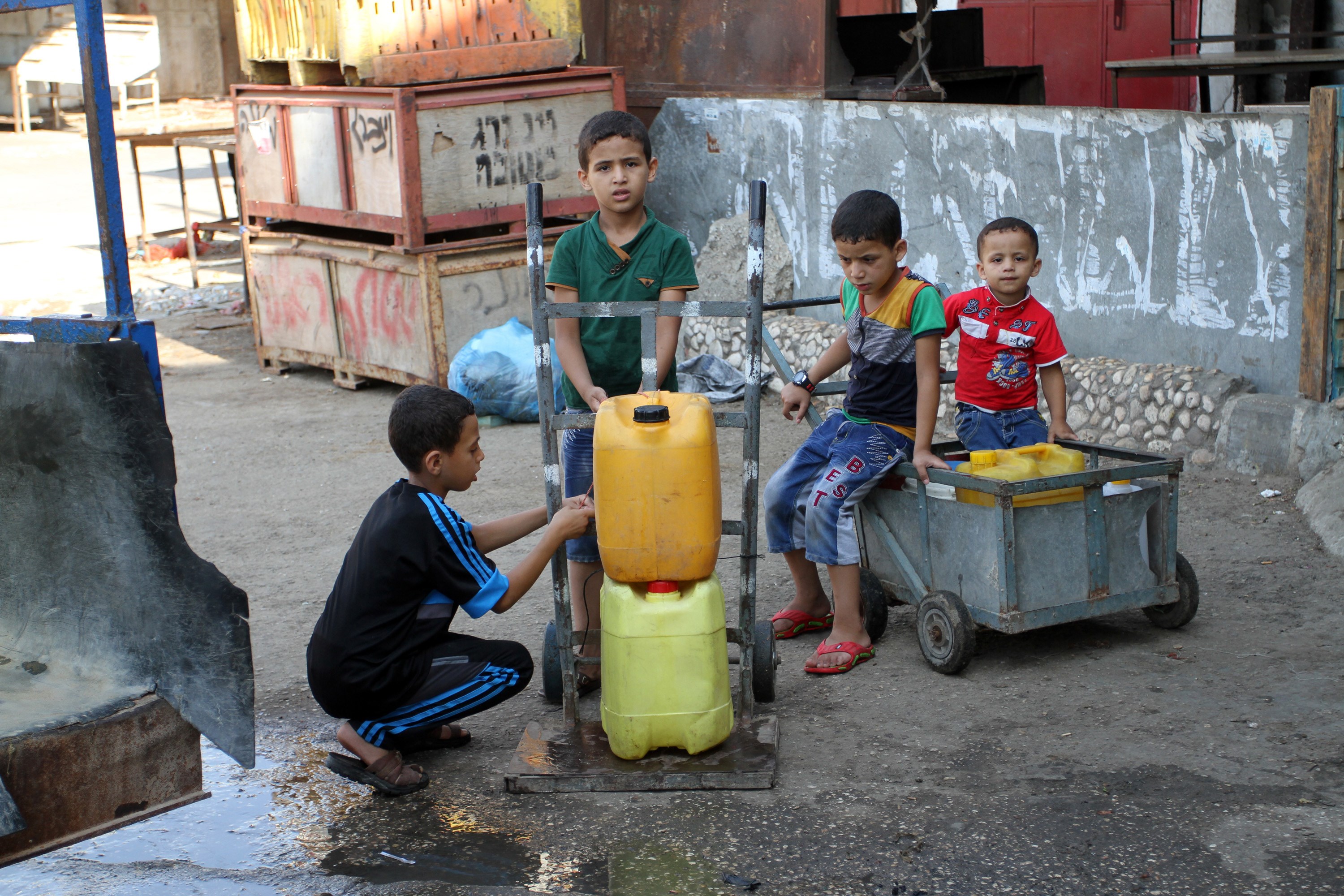
The Admissions Committees Ruling: A Lack of Ripeness or Refusal to Decide?
Written By: Dr. Amir Fuchs
Dr. Amir Fuchs discusses the Israeli High Court of Justice's decision to uphold the "Admissions Committees Law," which allows small communities to reject applicants due to a lack of social suitability.
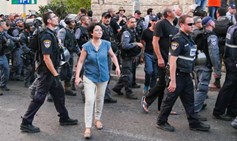
On the Punishment of MK Hanin Zoabi by the Knesset Ethics Committee
Written By: Dr. Assaf Shapira
IDI researcher Assaf Shapira provides background information on the decision of the Knesset Ethics Committee to suspend MK Hanin Zoabi for statements she made about the kidnapping and murder of three Jewish teenagers and about Operation Protective Edge.
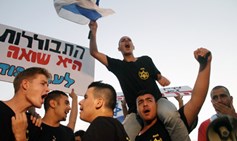
On Intermarriage, Judaism, and Democracy in Israel
Written By: Benjamin (Benny) Lau
Rabbi Dr. Benjamin Lau shares thoughts on the tension between Judaism and democracy, in response to the public protests against the marriage of a Jewish woman who converted to Islam and an Israeli Arab.

Heart vs. Head: The Case of Hanin Zoabi
Written By: Prof. Mordechai Kremnitzer, Admiral (Res.) Amichay (Ami) Ayalon
Prof. Mordechai Kremnitzer and Admiral Ami Ayalon argue that while the heart has difficulty defending MK Hanin Zoabi's freedom of expression, the head demands that we object to the decision to remove her from parliamentary activity for six months.

A Social Iron Dome for Jewish-Arab Relations
Written By: Prof. Yedidia Z. Stern
In an op-ed in <em>Yedioth Ahronoth</em>, Prof. Yedidia Stern warns that the Iron Dome could not protect Israel from hatred between Jewish and Arab citizens, and stresses the need for both sides to use imaginative empathy to mend the fabric of Israel's shared society.?
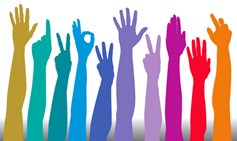
Education for Democracy as a Remedy for Violence
Written By: Dr. Amir Fuchs
Attorney Amir Fuchs asserts that educating Israeli students regarding democracy and civics from a young age and throughout their education is the best way to prevent hatred, violence, and racism.
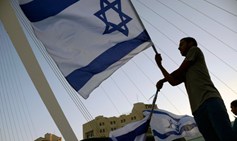
A Red Alert for Israeli Democracy
Written By: Yohanan Plesner
In the midst of Operation Protective Edge, IDI President Yohanan Plesner warns of the dangers of racism, incitement, and stifling of free speech and asserts that it is essential to internalize a substantive democratic culture.
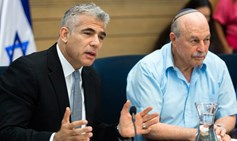
Zero Tax, Zero Logic
Written By: Dr. Amir Fuchs
Attorney Amir Fuchs argues that the proposed legislation that would exempt first-time home-buyers from value added tax (VAT) violates the principle of equality for people who do not serve the State of Israel.
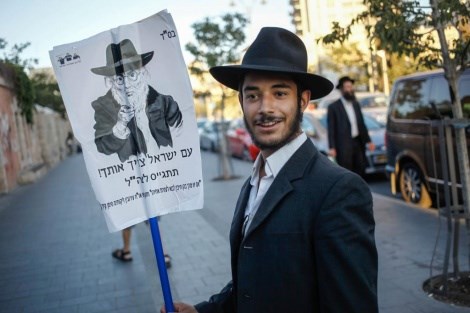
Ultra-Orthodox Integration: It Takes Two to Tango
Written By: Haim Zicherman
In an op-ed in Ynet News, IDI researcher Dr. Haim Zicherman discusses the steps that Israeli society must take in order to enable ultra-Orthodox men to integrate into the Israeli army and workforce.
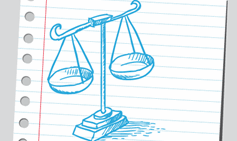
Basic Law: Nation State? Only a Constitution Can Guarantee Israel's National Character
Written By: Dr. Amir Fuchs, Prof. Mordechai Kremnitzer
Prof. Mordechai Kremnitzer and Attorney Amir Fuchs assert that the only way to guarantee Israel's existence as a Jewish and democratic state is not through a Basic Law that defining Israel as the nation state of the Jewish people but through a Constitution.

Censorship, Gag Orders, Military Censor, Media
Written By: Prof. Mordechai Kremnitzer, Dr. Amir Fuchs
Prof. Mordechai Kremnitzer and Attorney Amir Fuchs assert that the only way to guarantee Israel's existence as a Jewish and democratic state is not through a Basic Law that defining Israel as the nation state of the Jewish people but through a Constitution.
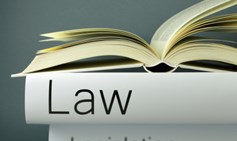
IDI Experts Submit Legal Opinion on Basic Law: Israel as the Nation State of the Jewish People
Written By: Prof. Mordechai Kremnitzer, Dr. Amir Fuchs
A legal opinion opposing the proposed Basic Law: Israel as the Nation State of the Jewish People, which was submitted by IDI Vice President Prof. Mordechai Kremnitzer and Attorney Amir Fuchs to the Ministerial Committee on Legislation on June 4, 2014.
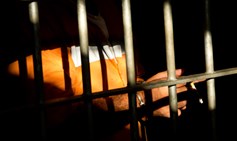
Force-Feeding Prisoners: A Serious Violation of Human Dignity
Written By: Dr. Amir Fuchs
In an op-ed in <em>Maariv</em>, Attorney Amir Fuchs warns that force feeding hunger striking prisoners is a serious violation of human dignity, and should not be permitted in order to serve public relations efforts of the State of Israel.

Basic Law: Israel as the Nation State of the Jewish People – A Danger to the Zionist Enterprise
Written By: Dr. Amir Fuchs, Prof. Mordechai Kremnitzer
In an article in the Hebrew weekly <em>Makor Rishon</em>, Prof. Mordechai Kremnitzer and Attorney Amir Fuchs argue against the current initiative to pass Basic Law: Israel as the Nation State of the Jewish People, which they see as divisive and problematic.
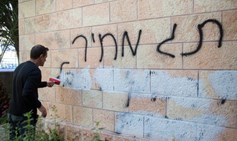
Price Tag Attacks: Racist Crimes
Written By: Dr. Amir Fuchs
In an article in <em>Haaretz</em>, Attorney Amir Fuchs stresses the need to wage a genuine war against racism, in order to preserve the values of Zionism and safeguard the Jewish and democratic state.

Israeli Public Opinion on Reducing Funding to Organizations that Mark Independence Day as the "Nakba"
Written By: Mr. Chanan Cohen
What do Jews in Israel think about the law mandating the reduction of government funds to institutions that mark Israel Independence Day as a day of mourning for the Palestinian "Nakba"? Find out in this mini-survey conducted by IDI's Guttman Center.

Celebrating Independence: The Vision of Professor Reuven Feuerstein
Written By: Benjamin (Benny) Lau
As Israel prepares to celebrate its independence, Rabbi Dr. Benjamin Lau and Ms. Shira Ruderman remind us of the need to bring people with disabilities into the circle of those who celebrate independence, drawing on the legacy of the late Prof. Reuven Feuerstein in this call for integration.

Public Opinion: Is Israel Independence Day a Holiday?
Written By: Mr. Chanan Cohen
Do Jewish and Arab citizens of Israel see Yom Ha'atzmaut as a holiday? Do perceptions among Jews vary depending upon level of religiosity or position on the right-left political spectrum? Find out in this Mini-Survey from IDI's Guttman Center.

Holocaust Studies for Preschoolers: Another Missed Educational Opportunity?
Written By: Dr. Arye Carmon
In a <em>Times of Israel</em> op-ed, Dr. Arye Carmon advocates a new approach to educating Israeli school children about the Holocaust, which will humanize both the victims and the perpetrators.
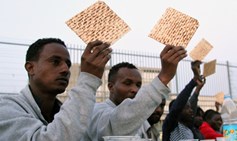
The Lessons of Passover: We are the Other
Written By: Prof. Yedidia Z. Stern
Prof. Yedidia Z. Stern asserts that if we see ourselves as "other" and identify with the stranger, the poor, and people with disabilities, historic redemption of our ancestors from Egypt will be an ongoing redemption for our generation.
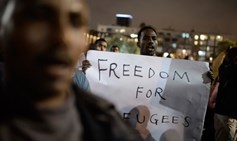
The Prevention of Infiltration Act in the Supreme Court: Round Two
Written By: Prof. Reuven (Ruvi) Ziegler
IDI researcher Dr. Reuven (Ruvi) Ziegler explains why he believes the Supreme Court should overturn Amendment No. 4 of the Prevention of Infiltration Act just as it invalidated its predecessor.
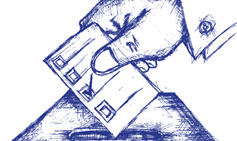
Basic Law: Referendum—Changing the Rules of the Game of Israeli Democracy
Written By: Dr. Dana Blander
Dr. Dana Blander draws on the findings of Israeli public opinion polls and explores some of the ramifications of the new Basic Law: Referendum, a law that establishes a system in which every citizen is entitled to participate in historic decisions on withdrawal from territory.

The Electoral Threshold: Why the Rush?
Written By: Prof. Ofer Kenig
In an op-ed in the Jerusalem Post, Dr. Ofer Kenig warns that while there is nothing wrong with a moderate increase in Israel's electoral threshold, increasing it from 2% to 3.25% in a single step is problematic.

Is "Israeli" a Nationality?
Written By: Jay Ruderman, Prof. Yedidia Z. Stern
Should the State of Israel recognize "Israeli" as a nationality? IDI Vice President Prof. Yedidia Stern and Jay Ruderman assert that it is imperative for the State of Israel to continue distinguishing between citizenship and nationality.

Building a Shared Society: On the Priorities of the Israel Police
Written By: Prof. Mordechai Kremnitzer
Prof. Mordechai Kremnitzer explains the importance of the fifth meeting of IDI's Police and Society Forum, which was dedicated to the question of partnership and transparency in the relationship between the Israel Police and Arab society.
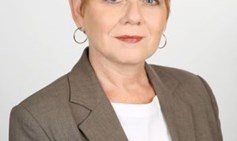
Do You Have to Earn Dignity?
Written By: Prof. Tamar Hermann
Is dignity something that must be earned? Prof. Tamar Hermann, Head of IDI's Guttman Center for Surveys, explores this question, as IDI's Israel Speaks project assembles 200 citizens to begin drafting a Declaration of Human Dignity.

Non-Jews in a Jewish State: Searching for a New Paradigm
Written By: Kalman Neuman
In an article in The Jewish Week, Rabbi Dr. Kalman Neuman of IDI's Religion and State project examines some of the thorny questions of Jewish law when it comes to non-Jews in a Jewish state.
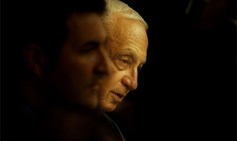
Remembering Ariel Sharon (1928–2014)
Written By: Prof. Ofer Kenig
Dr. Ofer Kenig presents some of the milestones in the career of Ariel Sharon, the 11th Prime Minister of the State of Israel.

International Disabilities Day 2013: Human Rights and Judaism in Action
Written By: Benjamin (Benny) Lau
In honor of International Day for Persons with Disabilities, Rabbi Dr. Benjamin (Benny) Lau updates us on IDI's efforts on behalf of people with disabilities and reveals that people with guide dogs are now allowed to access the Western Wall.

The Binding of the Boy from Damascus
Written By: Prof. Yedidia Z. Stern
How should Jews in Israel feel about the mass slaughter of Arabs by Arabs just a few miles away? IDI Vice President Prof. Yedidia Z. Stern shares thoughts in this article, which was originally published in The Jewish Week.

Regulating Bedouin Settlement: A Disengagement Plan for the Negev
Written By: Ronit Levine-Schnur
Ronit Levine-Schnur analyzes the Bill to Regulate Bedouin Settlement in the Negev 5773–2013, warns that it seems to be motivated by an exaggerated fear of a Bedouin takeover of the Negev, and offers an alternative approach.
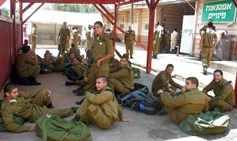
The Contributors to the State Bill: Contributing to the Jewish-Arab Divide
Written By: Dr. Talya Steiner, Prof. Mordechai Kremnitzer
Prof. Mordechai Kremnitzer and Att. Talya Steiner warn that the veteran's benefit bill, which is intended to extend benefits to those who have contributed to the State, discriminates against Israel's Arab citizens, who are exempt from military service in Israel.

Blind to the Rights of the Disabled
Written By: Benjamin (Benny) Lau
In an article in The Jewish Week, Rabbi Dr. Benjamin (Benny) Lau calls on religious authorities who hold human rights dear to find a way to allow people with disabilities to have access to the Western Wall plaza.
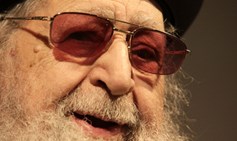
Did You See the Tears of the Oppressed?
Rabbi Dr. Benjamin (Benny) Lau, head of IDI's Human Rights and Judaism in Action project, remembers Rabbi Ovadia Yosef as a courageous halakhic decisor who championed the needs of the oppressed.
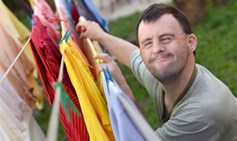
From Institutions to Community Housing
Rabbi Dr. Benjamin Lau, head of IDI's Human Rights and Judaism in Action project, presents the transition from institutions to homes in the community for people with disabilities as a Jewish imperative.
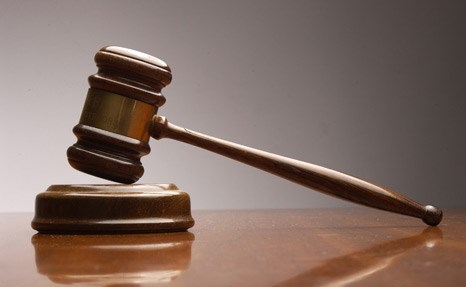
Basic Law: Israel as the Nationalist State of the Jewish People
Written By: Dr. Amir Fuchs, Prof. Mordechai Kremnitzer
In an op-ed originally published in Maariv, Prof. Mordechai Kremnitzer and Attorney Amir Fuchs warn that the Basic Law: Israel as the Nation State of the Jewish People would undercut the balance between the "Jewish" and "democratic" nature of the State of Israel.
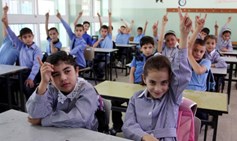
Analysis of Scholastic Achievement Disparities between the Arab and Jewish Sectors: The PISA Tests, 2000 to 2009
Written By: Leah Borovoi, Avital Manor, Nabil Khattab
Research conducted by IDI's Arab-Jewish Relations project reveals a disparity between student achievement in the Jewish and Arab sectors. This abstract points to the variables that explain these disparities.

Abstract: Health Inequality of Arabs and Jews in Israel
Written By: Shlomit Kagya, Nabil Khattab
A paper that reviews the state of research on health inequality between Jews and Arabs in Israel in order to develop a comprehensive research program that will contribute to the understanding of the factors leading to inequality.
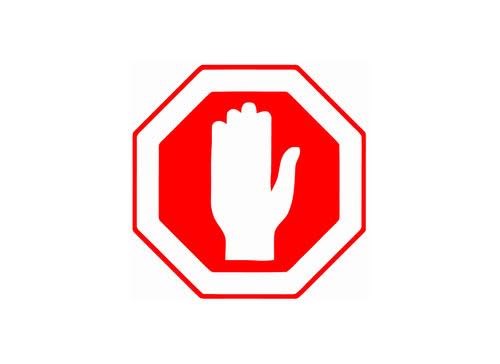
It isn't for the State to Promote Arab-Jewish Coexistence
Written By: Yair Sheleg
In an op-ed from <em>Haaretz</em>, IDI Research Fellow Yair Sheleg responds to the law allowing admissions committees in small community settlements to bar new residents who do not suit the “lifestyle and social fabric” of the community.

Clear-Cut Racism or Complicated Relationship?
Written By: Yair Sheleg
Are the ostensibly anti-Arab bills under consideration by the Knesset, the “Rabbis’ Letter” that forbids the sale of real estate to non-Jews, and the findings of the 2010 Israeli Democracy Index clear-cut indicators that racism is on the rise in Israel today? Or are more complex factors at play? IDI Research Fellow Yair Sheleg shares his views on this matter.
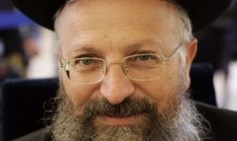
IDI Denounces Rabbis' Petition against Rental to Arabs
On December 7, 2010, Rabbi Shmuel Eliyahu, Chief Rabbi of Tzfat, and 49 other municipal rabbis in Israel issued a letter ruling that Jewish law forbids the sale or rental of property in Israel to gentiles. IDI joined the voices that condemned this letter.

Dismantling Sectarian Cities of Refuge
Written By: Prof. Yedidia Z. Stern
In an op-ed in Yedioth Aharonoth, IDI Vice President of Research Prof. Yedidia Z. Stern calls on the leaders of each "tribe"—Russian, ultra-Orthodox, settler, and upper class— to take action to eradicate the negative behavior stereotypically associated with their camp.

Immigrants and Crime: The Case of FSU Immigrants to Israel
Written By: Michael Philippov
Researcher Michael Philippov exposes stereotypical views of Russian immigrants and suggests that criminality is a product of Israeli society's obtuseness and indifference. He encourages Israel to consider Aliyah absorption seriously and to focus on fundamental problems such as the lack of development of the peripheral regions and insufficient investment in education.

Emigration from Israel – The Overlooked or Hidden Facts
An article by the Guttman Center for Surveys on the desire of young people from the Russian immigrant community in Israel to remain in Israel.

Arab Identity in a Jewish and Democratic State
Written By: Karin Tamar Schafferman
IDI researcher Karin Tamar Shafferman calls for a reexamination of the relationship between Arabs and Jews in the State of Israel and an exploration of the way Israel's Arabs define themselves, in order to determine whether the equality that Ben-Gurion spoke of upon founding the State has been achieved.

Crime in Arab Israeli Communities: Cutting Prevention Undermines Security
Written By: Dr. Khader Sawaed
Diverting hundreds of millions of shekels from the five-year plan for Arab society toward enforcement and security will harm both the effort to reduce socioeconomic gaps and personal security.
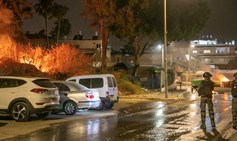
Why Are Israel's Mixed Cities on Fire?
Written By: Dr. Nasreen Haddad Haj-Yahya
The horrific violence that has erupted over the past few days between Israel's Jewish and Arab citizens came as a surprise to many - not so much to the Arab residents of the 'mixed cities'.

Arab Students at Higher Risk - Survey
Written By: Dr. Nasreen Haddad Haj-Yahya
Upon the opening of the new academic year a special national survey conducted by the Israel Democracy Institute and the Aharon Institute for Economic Policy found 22% of Arab students are considering quitting or taking a break from their studies, compared to 10% of Jewish students.
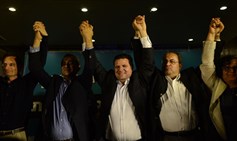
Arab Politics in Israel: Where are they Headed?
Written By: Dr. Arik Rudnitzky
The real story of the April 2019 elections took place outside the polling booth. In the Arab sector, the Movement to Boycott the Knesset Elections, a grassroots group based on Arab young adults and university students, working on the social networks with a shoestring budget, conducted an effective campaign with a simple and catchy slogan: “Boycott: The People’s Will.” This message stood in utter contradiction to the motto of the elections in 2015: “The Joint List: The People’s Will.”
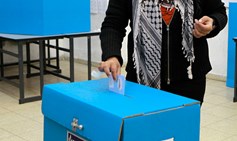
The Voice that Doesn’t Count
Written By: Prof. Yuval Shany
One of the main explanations for the dramatic decline in voter turnout in the Arab Israeli sector in the last elections (49%, versus 63% in the 2015 elections) is the sense that the voice of Israeli Arabs — is a voice that doesn’t count.
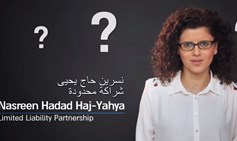
Limited Partnership: Arabs and Jews in Israel
Written By: Dr. Nasreen Haddad Haj-Yahya
On the complex relationship between Arabs and Jews in Israel and the secret to bringing down the walls of fear and prejudice
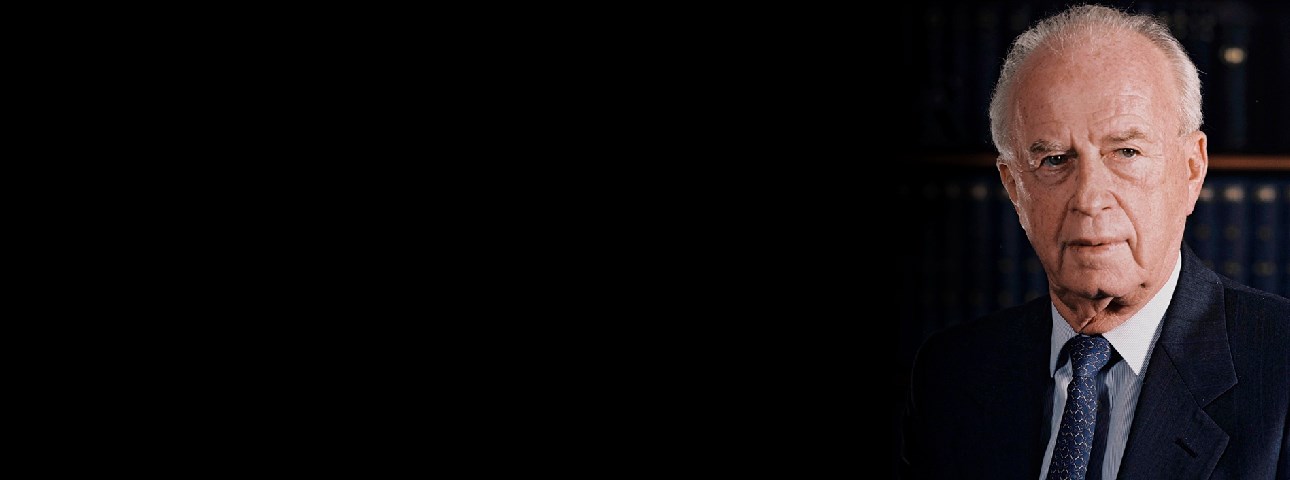
Rabin: Warrior for Equality
Written By: Dr. Nasreen Haddad Haj-Yahya
Rabin's legacy was equal representation at decision-making levels, fair regulation of land and services in Arab towns and equality as a right that’s guaranteed to all.
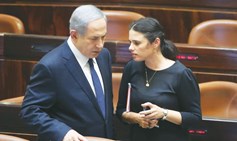
Who's Afraid of a Jewish State with Equality for All?
Written By: Yohanan Plesner
A state that is proud of its identity has nothing to fear from granting all its citizens equality.
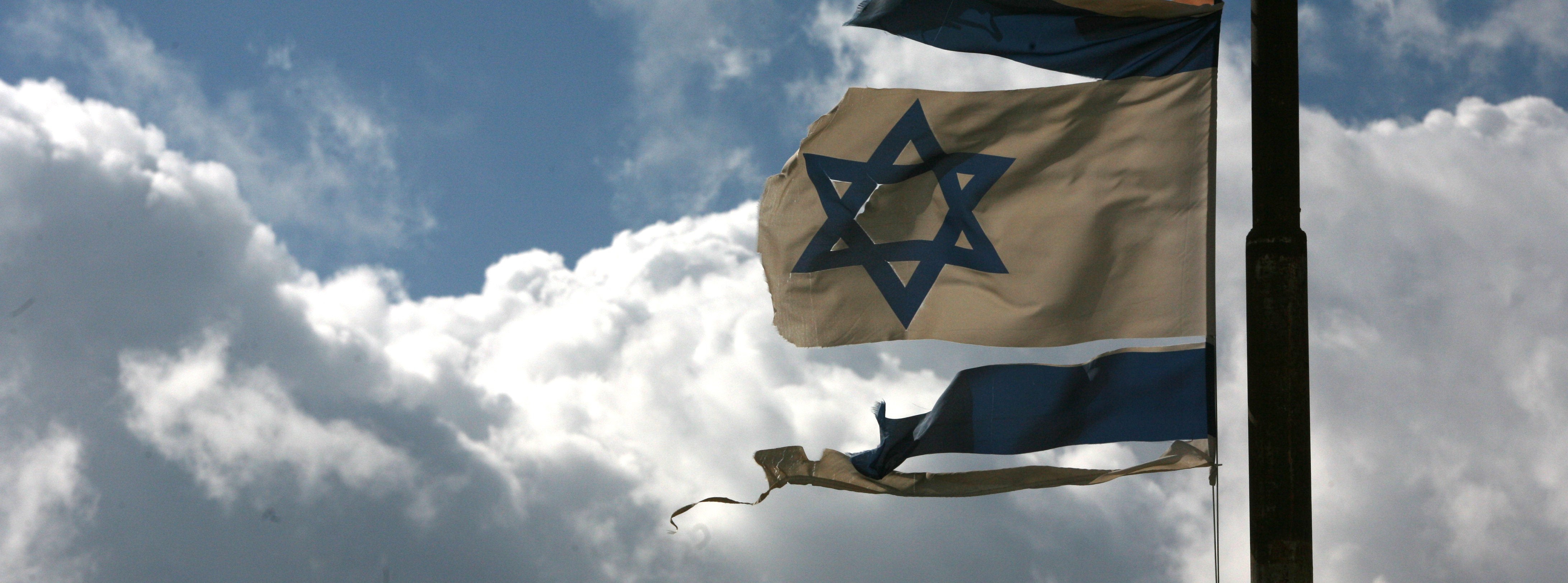
Harmful Revolution: The Nation-State Bill’s Assault on Equality
Written By: Prof. Yedidia Z. Stern
Israelis must unite around a balanced arrangement that asserts that Israel is the nation-state of the Jewish people that guarantees equality for all its citizens.

Religion Can Be the Bridge Linking Jews and Muslims
Written By: Dr. Shuki Friedman
How both faiths can use their common threads and customs as a means to connect, dialogue and cooperate.
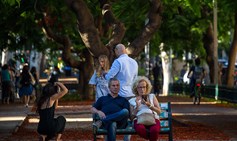
Peace Index: 40% of Israelis Believe that Rifts Between Groups Will Widen
Monthly survey also finds that 84.5% of Israeli public defines mood as good or very good while 43% expresses trust in Prime Minister Netanyahu.
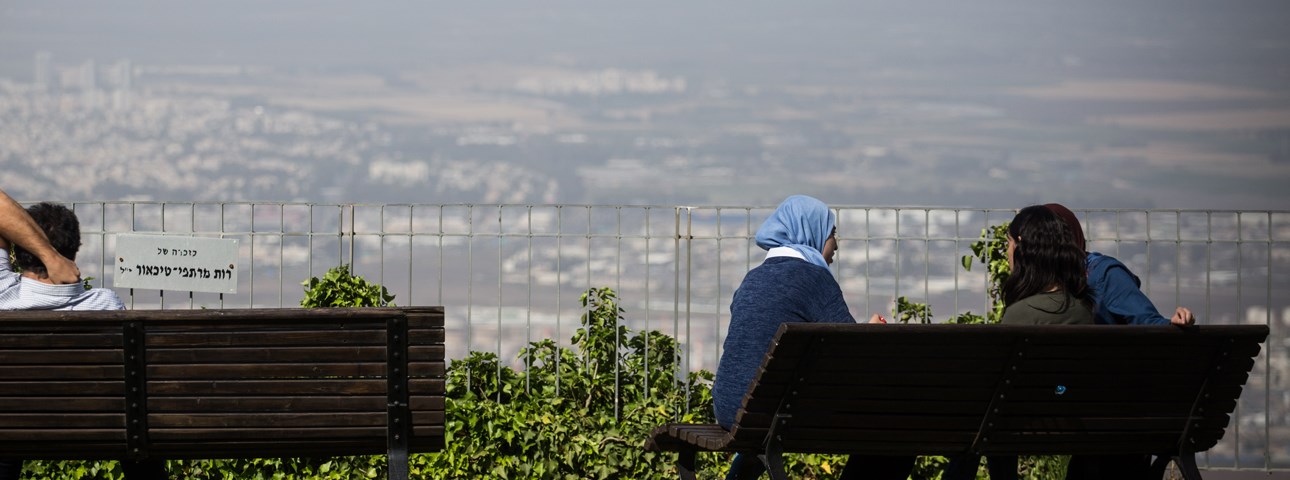
Time to Include Arabs among the Decision-Makers
Written By: Dr. Nasreen Haddad Haj-Yahya
The state and its Arab leadership, not only the political leadership, must work together to bring as many Arab citizens as possible into the decision-making echelons.
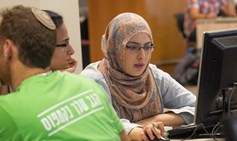
Opportunities Now: Arab Employment in the Galilee
Written By: Dr. Nasreen Haddad Haj-Yahya
The north presents real opportunities for Israel’s society and economy. Turns out that the solutions have been in plain sight all along.

'Yes' to a Nation-State, 'No' to a Nationalistic State!
Leaders of the Israel Democracy Institute call for alternative proposal that would place nation-state of the Jewish people on equal footing with democratic obligation to equality for all Israeli citizens.
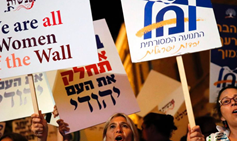
United by Outrage? Israel's Arab Citizens and American Jews
Written By: Dr. Nasreen Haddad Haj-Yahya
Now you know what it's like to feel marginalized and unequal in Israel. Arab citizens know that all too well. That's why we must join forces.
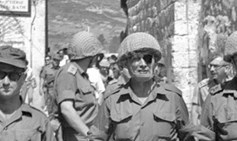
Surveys: 50 Years Since the Six-Day War
The Guttman Center for Public Opinion and Policy Research (then the Guttman Center) carried out a series of surveys just before, during and after the war.

Pardon Requests in Cases Brought Before Israeli Military Courts: How Do They Work?
Written By: Colonel (Res.) Dr. Liron A. Libman
Even before the conclusion of the Elor Azaria trial, there were calls for the 'Hebron Shooter' to be pardoned. Under such circumstances, what does a pardon entail and how can an IDF soldier who had been sentenced in a military court of law be granted one?


